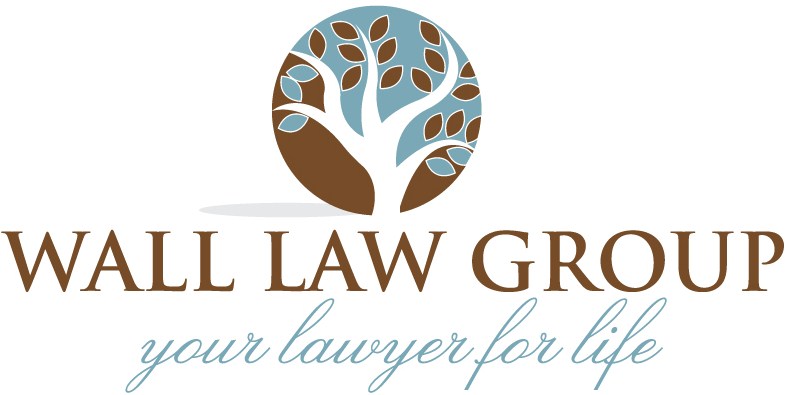Who Does a Probate Attorney Represent: Executor or Heirs?
Many executors don't understand the probate process and leave the tasks to the lawyer. While the executor has a fiduciary duty to protect the heirs' interests, does the lawyer? It depends on your state.
